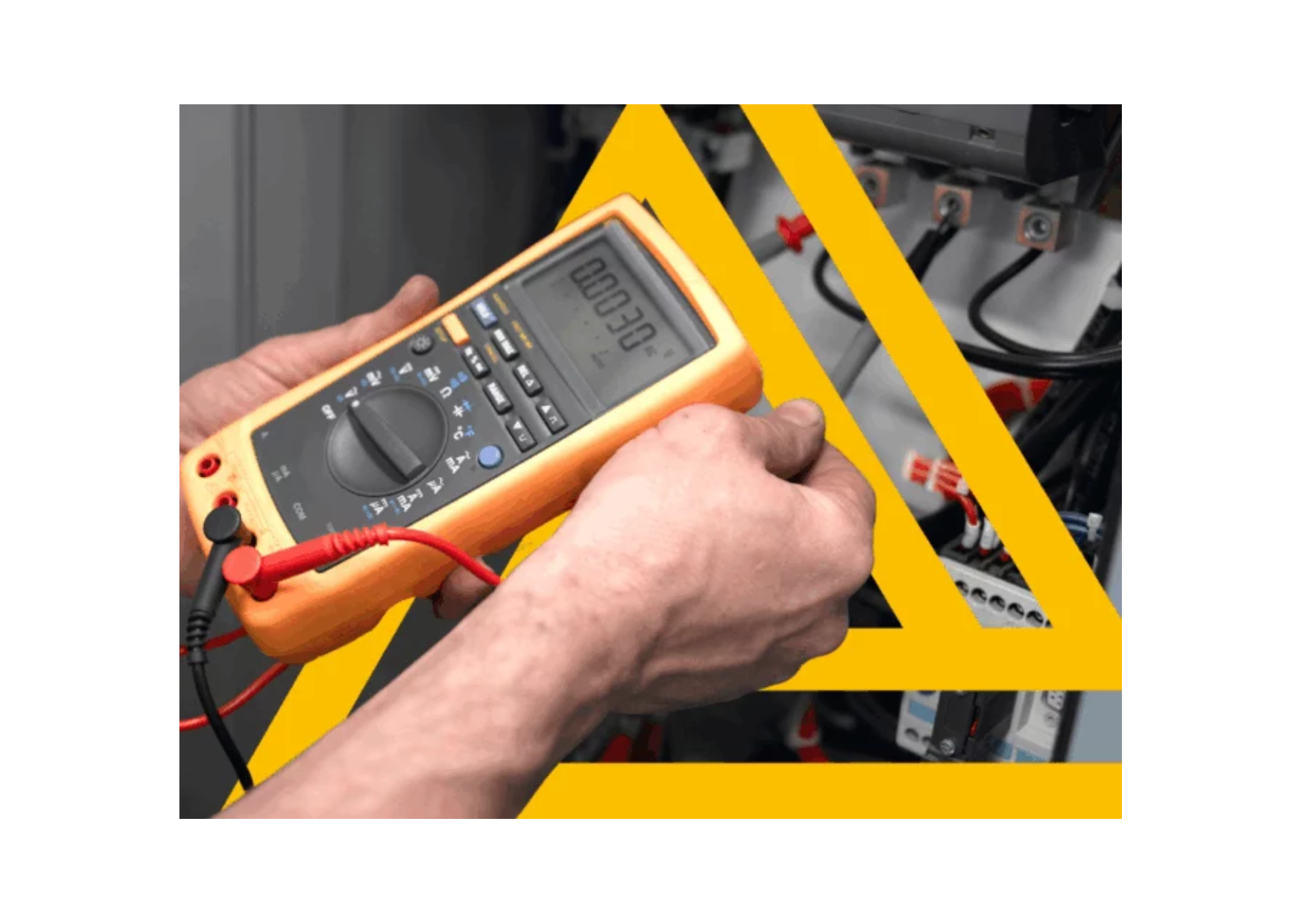New Electrical Safety Regulations for Social Housing: What You Need to Know
Written by Leon Storer, ARK’s Director of Technical Services
In a decisive move to improve safety standards across England’s social housing, the UK Government has announced new regulations that will bring mandatory electrical safety checks into the social rented sector. This follows a robust consultation process and growing public demand for stronger protection, especially in the wake of tragic incidents like the Grenfell Tower fire and the death of two-year-old Awaab Ishak.
Until now, mandatory electrical installation checks were only required in the private rented sector. But with mounting evidence of inconsistent safety practices in social housing and Landlords being downgraded due to poor compliance standards, the Government has recognised the urgent need to close the gap. A 2021 working group laid the groundwork, and by June 2025, the Government formally responded with a clear plan: elevate safety standards and align them across all rental sectors.
From November 2025, all registered providers of social housing in England will be required to:
- Conduct electrical installation checks at least every five years.
- Perform regular testing of electrical appliances provided under the tenancy (commonly known as PAT testing).
- Social landlords will be obliged to complete any remedial electrical works following an inspection, within 28 days
- Respond to emergency hazards within 24 hours, as part of the broader reforms under Awaab’s Law
- Maintain comprehensive records of all electrical inspections and make these available to tenants upon request
Implementation Timeline and Compliance
Existing Properties: Social housing providers have until May 2026 to ensure all existing properties have compliant electrical installation condition reports (EICRs). Properties will be prioritised based on risk assessment, with older properties and those with known issues addressed first.
New Tenancies: From November 2025, all new tenancies must have valid electrical certificates before occupation.
Phased Approach: The regulations will be introduced for new tenancies first (November 2025) and then for existing tenancies six months later (May 2026) to allow landlords time to implement changes and manage increased demand on the electrical sector.
Public Support and Policy Backing
The consultation received 119 responses, with overwhelming support: 97% backed mandatory installation checks, and 83% supported appliance testing. The Government has committed to implementing these measures, with further phases planned to address additional hazards like fire risks and excess cold in the coming years.
This is more than a regulatory update, the Government’s message is clear: safety is non-negotiable, and social landlords must treat tenants with the care, urgency, and professionalism they deserve.
ARK understands the complexity of implementing these new requirements across diverse housing portfolios. Our comprehensive compliance support includes detailed operational readiness assessments, policy development aligned with the new regulations, staff training programmes, and ongoing compliance monitoring systems. With our team’s extensive experience in housing regulation and safety management, we can help ensure your organisation is fully prepared for this regulatory shift.
Don’t let November 2025 catch you unprepared – contact us today to discuss how we can support your compliance journey and help you exceed these new safety standards.
